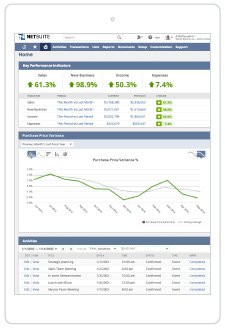Switch From Epicor to NetSuite
NetSuite Enables Epicor Customers to Move from a Legacy System to a True Cloud Platform
The #1 Cloud ERP Solution
Join the More Than 21,000 Customers Running Their Business on NetSuite
Are you ready to bring your business systems to the modern age? Tired of struggling with aging business systems and never-ending IT costs? Concerned by the number of Epicor products available in the market diluting focus, resources and the value available to you?
Switching from Epicor to NetSuite’s cloud solution enables companies to lower costs, streamline key business processes, boost productivity and be more competitive.
Manage your business end-to-end with one integrated business suite for all of your core processes. No more juggling of separate software applications and wasting time and resources maintaining and upgrading a hairball of on-premise software.

process of Epicor, Infor and NetSuite—and the reasons why they ultimately chose NetSuite.
Pro-Flex, as to why they switched from Epicor, a legacy IT environment, to NetSuite's native cloud-based ERP
solution.
Benefits
FUTURE PROOF YOUR ORGANIZATION
Bid farewell to version lock with software that is always current with all customizations carried forward. Quickly introduce new products and services, and expand into new markets and channels.
UNIFIED, COMPREHENSIVE BUSINESS SOLUTION
A complete end-to-end business system to run your business—manufacturing, WD, ecommerce, CRM, order management, procurement, supply chain, global financials and a lot more.
TRUE CLOUD PLATFORM
A true SaaS, multi—tenant cloud ERP solution. More than 21,000 customers run on a single code set, single product, single version.
READY ON DAY ONE
NetSuite SuiteSucess delivers an agile and staged approach to achieve your business vision—pre–defined user dashboards, integrations and best practices. Your business is ready to grow from the start.
































